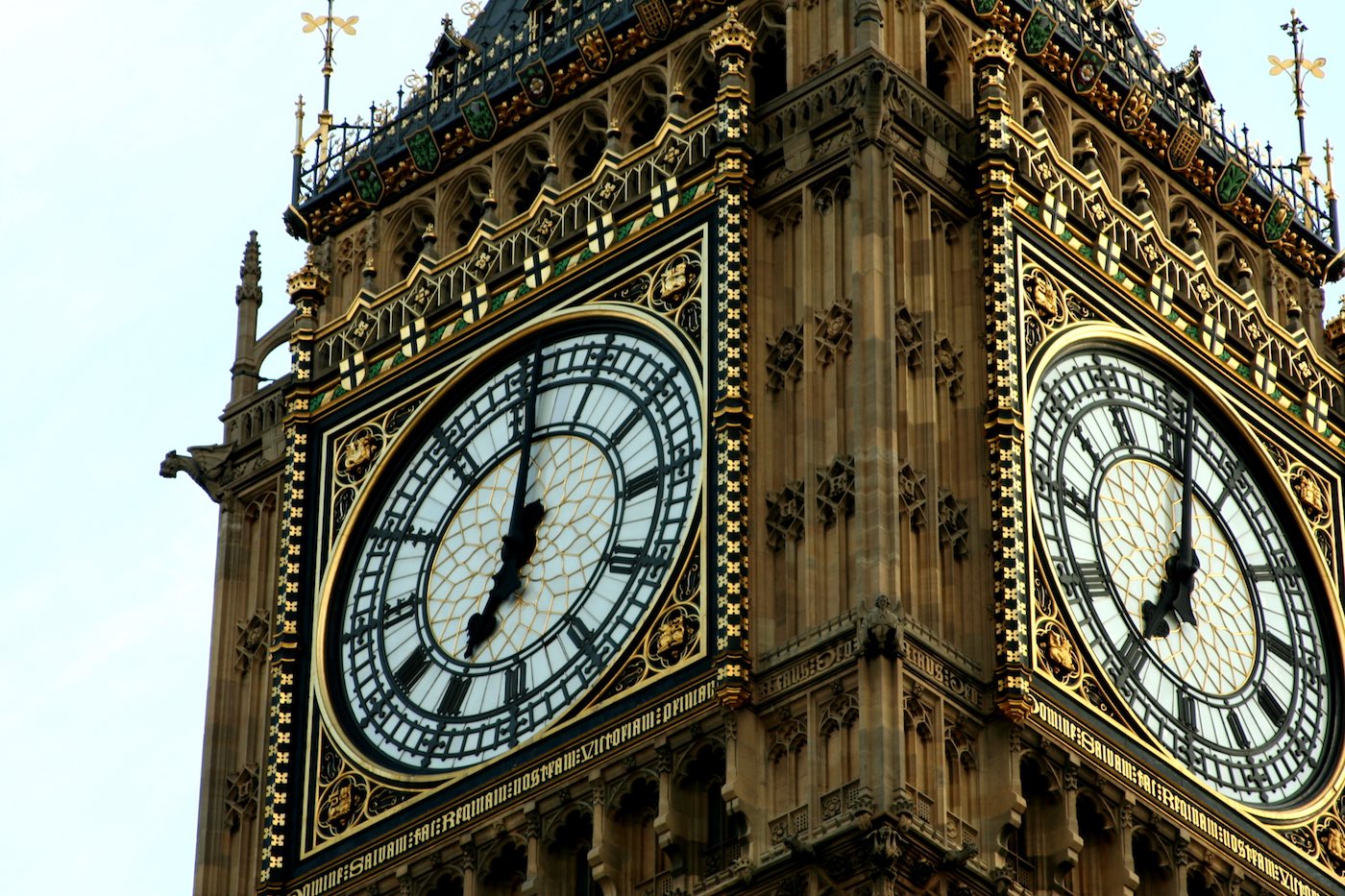1948
“We cannot aim at anything less than the Union of Europe as a whole, and we look forward with confidence to the day when that Union will be achieved.”
Winston Churchill at the opening session of the Congress of Europe
1951
Postwar efforts at European reconciliation included the setting up of the European Steel and Coal Community, a forerunner to the EU. Britain was not a member.

1958
The European Economic Community (Common Market) is formed.
1963
Britain applies to join the the Common Market. The application is vetoed by France. The same thing happens in 1967.
From our partners:
1973
Britain enters the European Economic Community and looks for major changes to the Common Agricultural Policy.
1975
In a referendum, 67% of people in the United Kingdom vote to stay in the EEC.
1984
“I want my money back!” Margaret Thatcher wins an EU rebate to recognize how little the UK receives in farm subsidies.
1987
Margaret Thatcher signs the Single European Act, which eventually becomes the world’s largest free trade area.
1992
The UK is ejected from the Exchange Rate Mechanism, a forerunner to the single currency that limits exchange-rate fluctuations among members. It also negotiates an opt-out from the part of the Maastricht Treaty that would have required it to adopt a common currency.
1996
EU bans the sale of British beef for three years during the outbreak of “mad cow” disease.
2002
Twelve EU countries introduce the euro as legal tender. Britain sets out five economic tests to be met before it joins. They are not met.
2008
The collapse of Lehman Brothers triggers a worldwide credit crunch and the launch of a global bailout fund to which the UK contributes.
2011
Fears of a second banking collapse in Europe prompts another international bailout, including Britain.
2015

A European migration crisis triggers anti-EU sentiment in the UK.
Britain’s Conservative party is re-elected on a platform promising a referendum on membership of the EU.
2016
In a close-run referendum, the UK votes to leave the EU.
2016
Negotiations will begin on the terms of the UK exit and the nature of the country’s subsequent relationship with the EU.
2018
The UK will no longer be bound by existing EU treaties, unless all 27 states agree to extend negotiations.
This feature originally appeared in World Economic Forum.


















